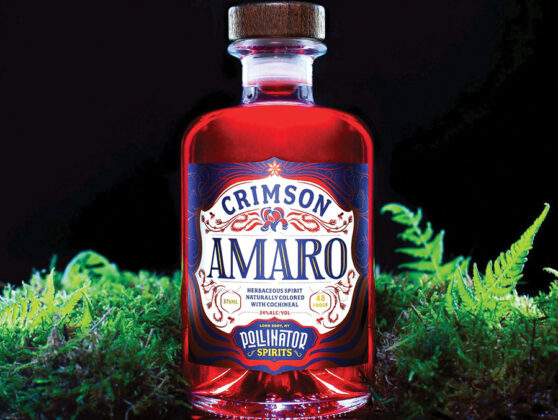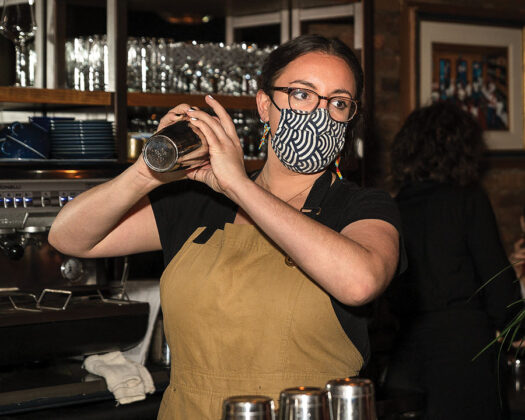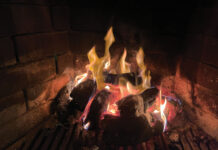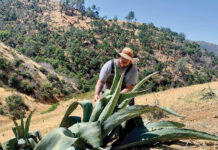Five years ago when longtime San Francisco bartender Eric Ochoa was opening his first bar, Elda, one of his revelations was vermouth from local winemaker and distiller Ian McCarthy’s Artemis Spirits served on tap.
Ochoa and McCarthy had gotten to know each other at Bar Agricole years earlier. When Ochoa tasted McCarthy’s vermouth, he had to have it. It sold so well that, after Elda folded during the pandemic, Ochoa brought a kegged vermouth to his new bar, the reimagined Dalva, which he helped remodel and reprogram in 2022.
“The idea was to get local vermouth,” he says — but he couldn’t find any. A connection through a customer led him to Portland’s Accompani, which has carved out a role producing a variety of backbar classics. They worked out a deal to keg their vermouth, and it’s now a Dalva standard.
Traditional distillers normally focus on spirits like gin, vodka, and whiskey rather than lower-ABV products. But that may be changing. There’s an emerging trend of small distillers producing backbar favorites like vermouth and amaro. The benefits are many. It’s a way to get creative, collaborate with local bars, and reach new kinds of customers — all ultimately in service, of course, to building a more stable business model.
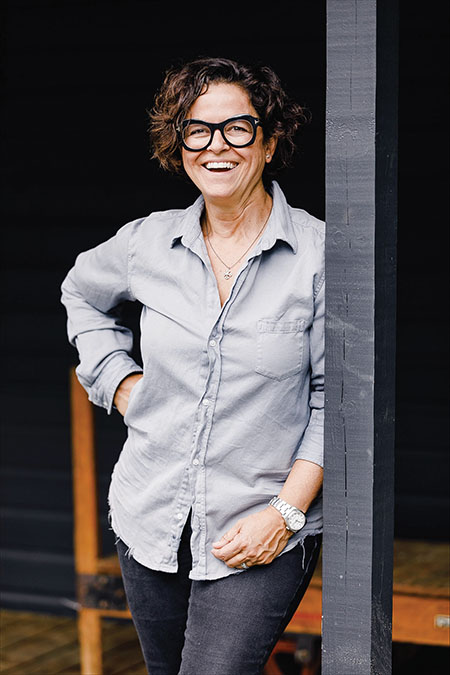
Upstate New York’s Pollinator Spirits offers a mix of full-proof and low-proof products. Distiller Claire Marin produces a gin and whiskey, as well as a startlingly violet Crimson Amaro that gets its unique color from cochineal beetles, which were once used by Campari (the brand has long transitioned away from it).
Its color and flavor made it appealing to Katie Kennedy, a bartender at Contento in East Harlem. She loved the idea of a locally produced spirit, noting that “like with wines, what grows together goes together. It’s the essence of where you’re from.” She uses it in spritzes in place of the classic Aperol, and flips the script on the classic Negroni by adding more of the Crimson in her recipe. She says that her customers are already open to these variations because they’ve always been attuned to local beers and other culinary products, so “it’s great to see it come into spirits.”
A similar story is being told at Hawksmoor in Manhattan and Brooklyn’s Grand Army Bar, which feature some of the amazing creations by Matchbook Distilling’s Leslie Merinoff. Both bars poured the Matchbook Day Trip, a strawberry version of vermouth, all summer. Grand Army Bar’s Bar Director Ally Marrone stocks other Matchbook labels and works closely with the distillery because she loves their local provenance and attunement to ingredients, the local community, and her bar’s needs. When Marrone tasted a makrut lime spirit Matchbook was making just for Hawksmoor, she jumped at the opportunity to feature it.
Merinoff distills everything from sunchokes to tomatoes. “I think that distillers think I’m a kook,” she says — but she’s making a business of it through connections like the one forged with Marrone. Merinoff sees bars picking up a lot more low-ABV products recently. So does Marin, who says that sales have been rising over the past year as bar managers are more receptive to Crimson. That local groundswell of support may be part of the path toward economic sustainability that craft distillers so desperately need. Marin thinks that many New York bars are now stocking at least 20–30 percent of local spirits, amari, and liqueurs.
While higher ABV spirits like mezcal, bourbon, and whiskey still dominate sales, vermouths and their relatives have a lot of room to grow. They’re also dual purpose, enjoyable in cocktails and on their own. Bar managers like Ochoa think there’s plenty of space for more. He also stocks Day Trip, and says that he’d have it on tap if he could get it in kegs — a format that’s quick and easy to serve. “It’s foolproof,” says Ochoa. “The next place I have, we’ll definitely have a line of taps dedicated to vermouth.”

